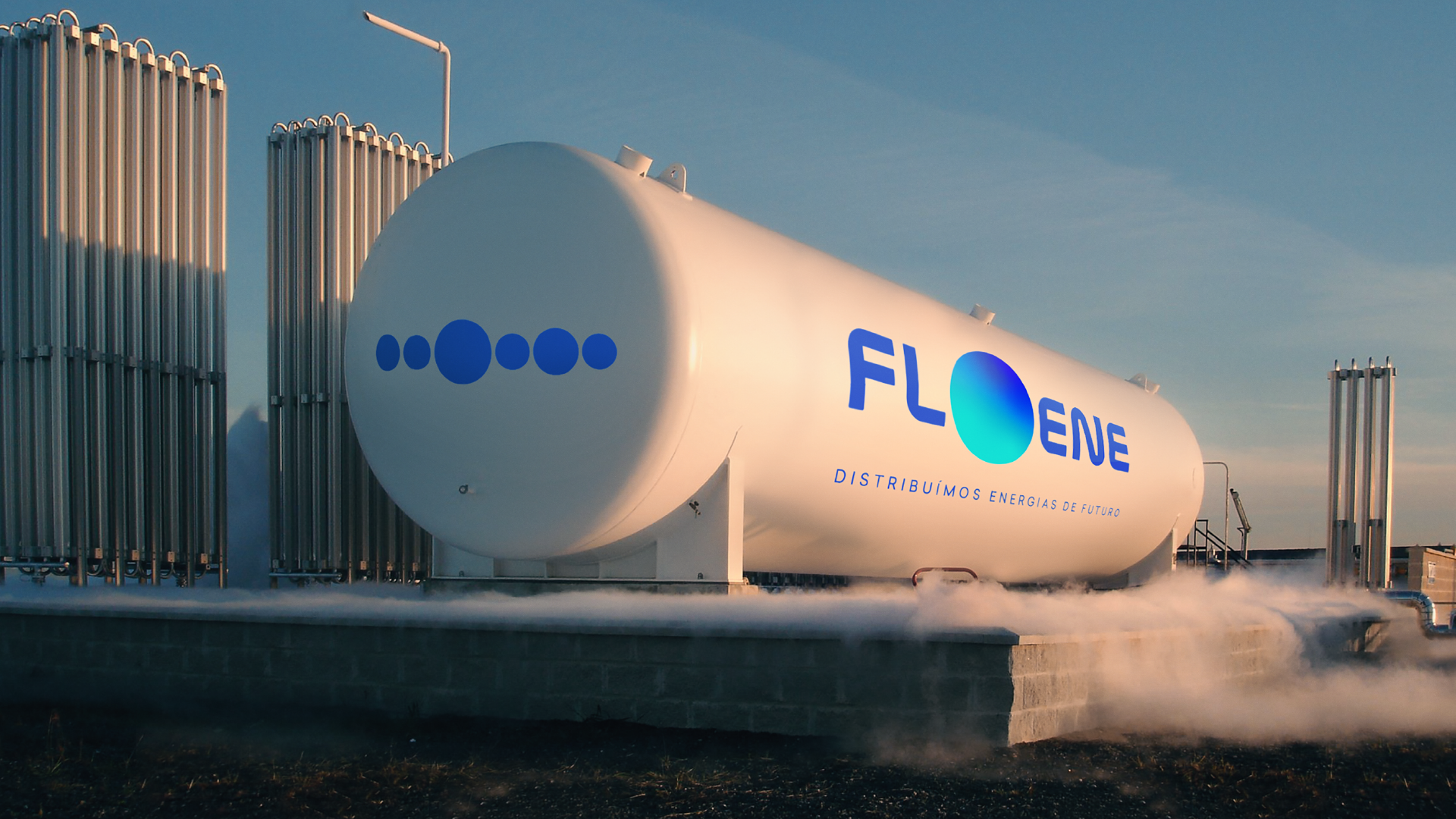The study concluded that balanced decarbonization (electricity plus renewable gases) means lower grid development costs and generates more savings than the total electrification scenario.
Renewable gases have the potential to completely replace imported fossil natural gas by 2050. This is one of the study’s conclusions. Renewable Gases and Future Grids It was presented today in Lisbon by Floene, the natural gas distribution company.
Looking to 2050, the study suggests that renewable gases such as biomethane and green hydrogen will be able to exceed the estimated national consumption for that year: 23.2 TWh. Renewable gas supplies are expected to exceed 59 TWh.
Highlighting biomethane, the production of this gas is expected to reach nearly 14 TWh in 2025 from various sources: biomass, synthetic methane, agriculture, landfills, agribusiness, and wastewater treatment plants.
By analysing different decarbonisation pathways up to 2050, the study concludes that balanced decarbonisation (electricity with renewable gases) would be the one that would lead to lower investment costs in the gas distribution network, gas transmission network and electricity network: between 1,120 and 1,740 million euros of capital.
In the intensive electrification scenario, capital expenditures are expected to be between EUR 1,920 and EUR 3,200 million. In the comprehensive hydrogen scenario, capital expenditures are expected to be between EUR 1,430 and EUR 2,200 million. A higher capital expenditure means a higher value for investment in the networks and thus a higher weight on electricity and natural gas tariffs for households and businesses.
The study finds that the balanced decarbonisation scenario is the one that allows for the greatest cost savings: €1,400 million in savings because it does not include investments in consumer adaptation; €1,130 million in savings by significantly reducing the need for system investment.
“If we want to decarbonize in a sustainable way, it is important to have balanced solutions. There is a very big potential for renewable gases. The savings in total system costs could reach 2,500 million euros. A saving of 60% compared to a scenario based only on green electricity,” said Gabriel de Sousa, CEO of Floene, on Wednesday during the presentation of the study in Lisbon.
The distributor points out that the national gas infrastructure has already been installed and is ready to start using gases such as biomethane and green hydrogen, allowing immediate savings. On the other hand, the national production of these gases will make it possible to stop buying fossil gas from foreign countries.

“Wannabe internet buff. Future teen idol. Hardcore zombie guru. Gamer. Avid creator. Entrepreneur. Bacon ninja.”

